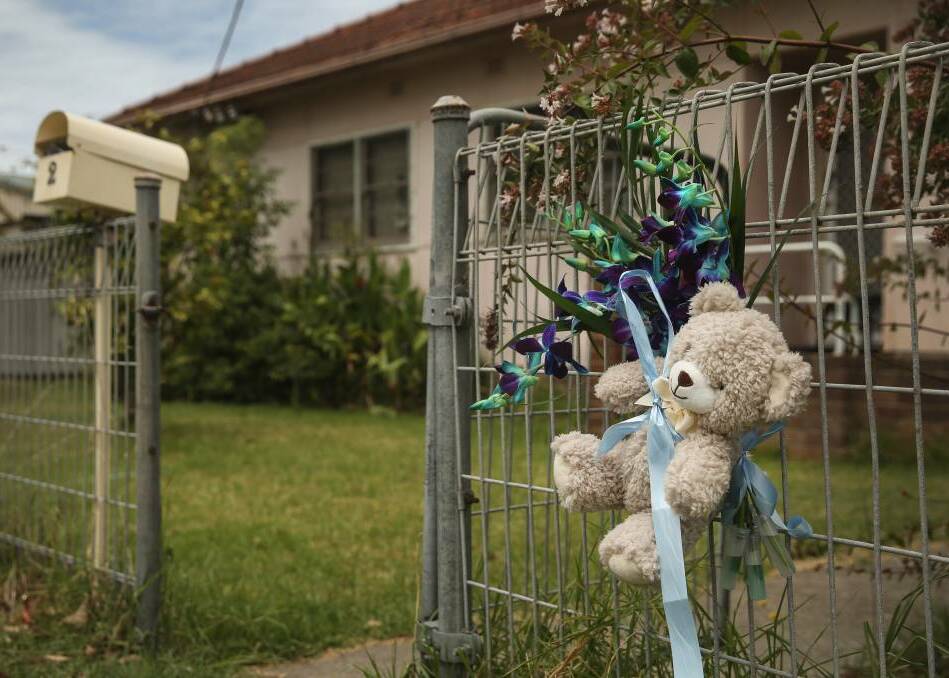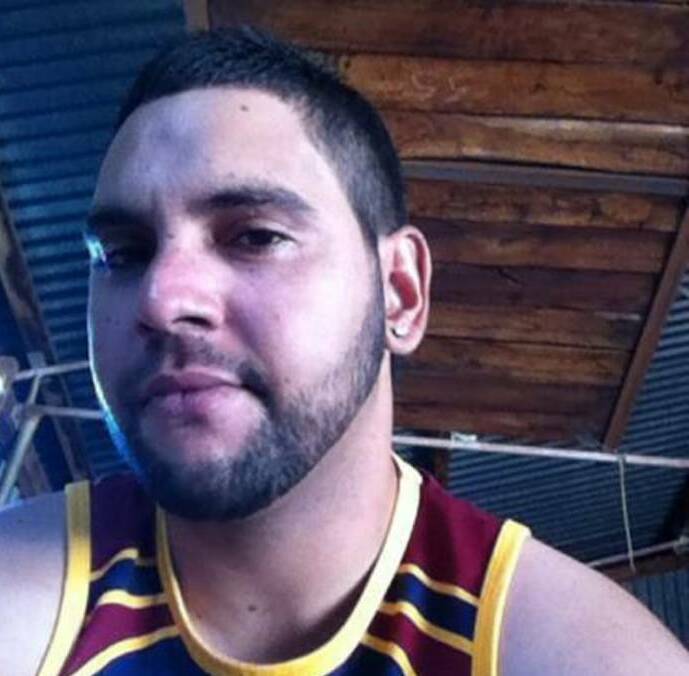
IT has been nearly four years since a six-month-old baby suffered critical injuries at a home at New Lambton.
But despite a criminal trial in NSW Supreme Court, which heard from dozens of witnesses, we are still no closer to knowing who fatally struck and shook the boy.
Jie William Smith, 31, was in July found not guilty of murder, but guilty of manslaughter over the death of the boy at his unit in Fairfield Avenue in the early hours of February 9, 2019.
The prosecution case was that Smith was alone with the boy during the crucial two hours when they said he suffered numerous critical injuries.
But Smith gave evidence during the trial that he had witnessed the boy's mother repeatedly strike and shake the boy before she left the baby with him in his unit.
It was unclear who the jury believed and whether they had found Smith guilty on the basis that he struck the child but did not intend to cause him serious injury or that he was negligent in not taking the baby to hospital when he was critically injured.
During a judgment on Wednesday, Justice Helen Wilson said said she could not accept the evidence of Smith or the boy's mother as to who struck and shook the baby on February 9, 2019, and sentenced Smith on the basis that he failed to provide assistance to a critically injured child and put the interests of himself ahead of the boy.

"The court is left with conflicting evidence from the only two witnesses who could know the most important facts," Justice Wilson said. "Each with a motive to lie and each of whom did lie. Neither gave evidence that the court can accept. For those reasons the court cannot establish the truth of what happened. [The boy] was exposed to danger and danger found him. How and in whom that danger manifested is not established on the evidence."
Justice Wilson said it was "shameful" that a child could die violently and yet the community still not know how it happened. And she said there had been no decision made by police about charging the boy's mother based on Smith's evidence.
Smith was jailed for a maximum of four years and nine months, with a non-parole period of three-and-a-half years.
He will eligible for release in February.







